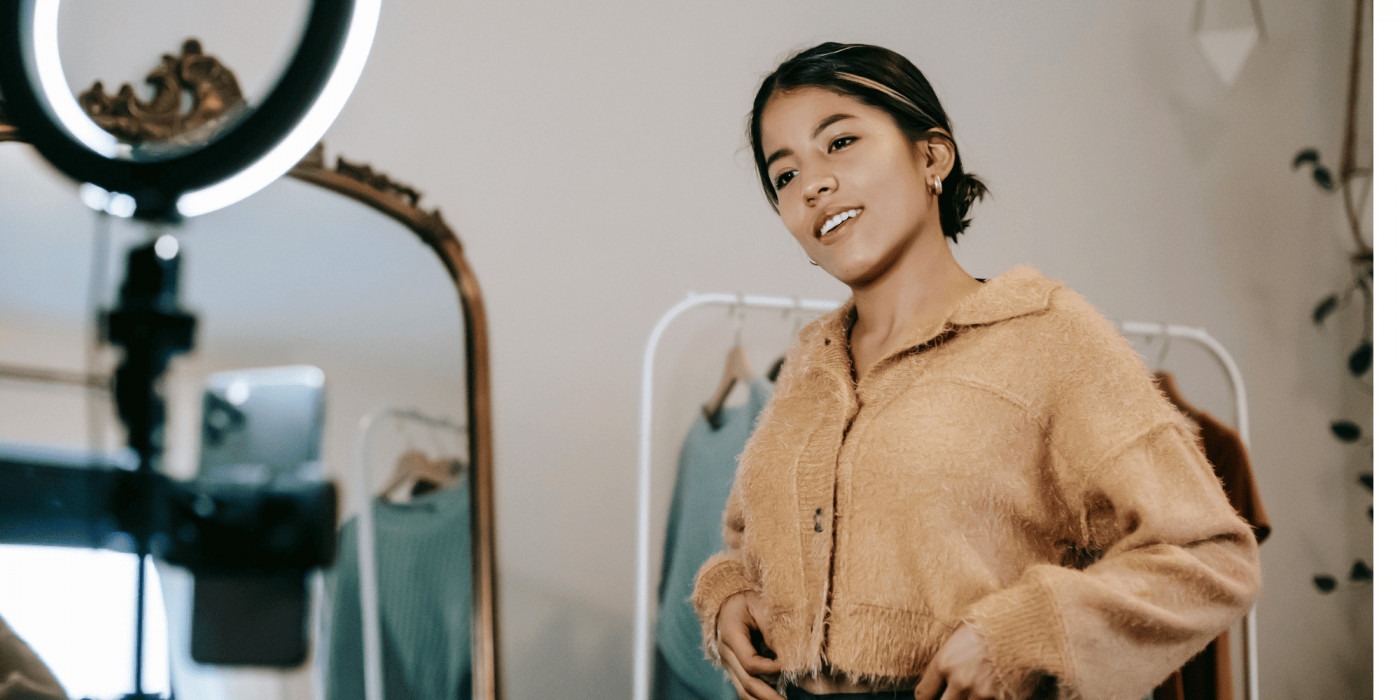Influencer products: are they worth it? Maebe not
On September 30 2024, Love Island star and social media influencer, Molly-Mae, launched her first clothing brand, Maebe. Despite the site selling out in only 24 minutes, Maebe has received backlash due to its unaffordable prices. Maebe is only one of many examples of controversial influencer brands, leading us to question: are these brands worth it? Are these influencers using their name to exploit their fans through their expensive products?
People feel compelled to purchase these items just because they are designed by Molly-Mae
Around 5.17 billion people across the globe use social media, on average 60% of whom say they would follow a recommendation given by a lifestyle influencer. This creates the perfect environment for influencers to start their brands, since they already have a guaranteed market. There is a vast debate about if it is right for these influencers to extensively profit from their fans by creating low-quality products that are not accessible, but fans feel desperate to buy them.
Let’s look more deeply into the case of Molly-Mae and her new brand Maebe. Molly-Mae rose to fame in 2019, following her appearance on the popular television show Love Island. After the show, she became the creative director of Pretty Little Thing (PLT) and soared to popularity as a lifestyle influencer, gaining over 8.3 million followers on Instagram. Her influence is so extensive that the internet coined the term the ‘Molly-Mae effect’, reflecting her ability to sell out clothing pieces from just one post.
Considering Molly-Mae is known for her sense of style, it is understandable why she would create a clothing brand. Some argue that the high prices of her brand are unacceptable, such as a £140 blazer and £90 jeans. Even though you can purchase similar items from high-street shops for a quarter of the price, people feel compelled to purchase these items just because they are designed by Molly-Mae. These inaccessible high prices could arguably be a way of exploiting her fans for her financial benefit.
On the other hand, others argue that her prices are reflective of a high-end brand that fits Molly-Mae’s image and aesthetic. She has spent her years in the limelight promoting stylish pieces to create her fashion portfolio. Although she has previously worked closely with fast fashion brands such as PLT, she is moving towards promoting more sustainable and high-end fashion. Creating a brand such as Maebe reflects the direction she wants in her career. It would not make sense for her to curate cheaper, not long-lasting pieces.
Although there are many controversial influencer brands, it is important to note that some influencers have created brands with affordable and sustainable products. One of the first influencer brands I remember hearing about, was beauty YouTuber Zoella’s. Zoella rose to fame in 2009, shortly after starting her lifestyle and beauty YouTube channel. In 2014, she launched a range of beauty products under the name Zoella Beauty. She sold makeup bags, perfumes, body lotion, and more alongside homeware products, generating a revenue of almost £3.8 million per year. Unlike other influencer brands that we see today, Zoella Beauty was affordable, with most of her products priced under £10.
There is no doubt that many of these influencer brands are unaffordable, using the devotion of their fans to their benefit
In contrast to most influencer brands today, such as Maebe, Zoella made her brand accessible. She created products suitable for both her younger and older audience. Her products received rave reviews for their quality, again highlighting how influencers can make accessible brands their fans can enjoy without exploiting them.
The question remains whether these influencer brands are worth it: are influencers just creating brands to get more money, exploit their fans, or doing it out of pure passion? Regarding the brands discussed, the answer is both. There is no doubt that many of these influencer brands are unaffordable, using the devotion of their fans to their benefit. However, one must remember that many of these influencers feel passionate about the brand that they have curated – if you had the tools and platform to create a brand that you truly believed in, you would do it. There is nothing wrong with buying from influencer brands. Although, the next time you think about it, think about whether you are purchasing it for the product or just the influencer.

Comments